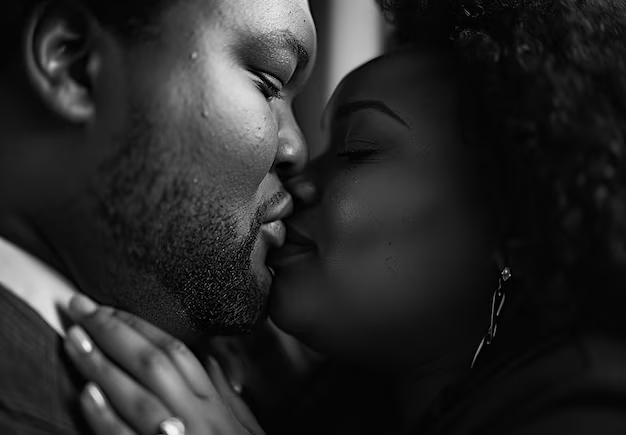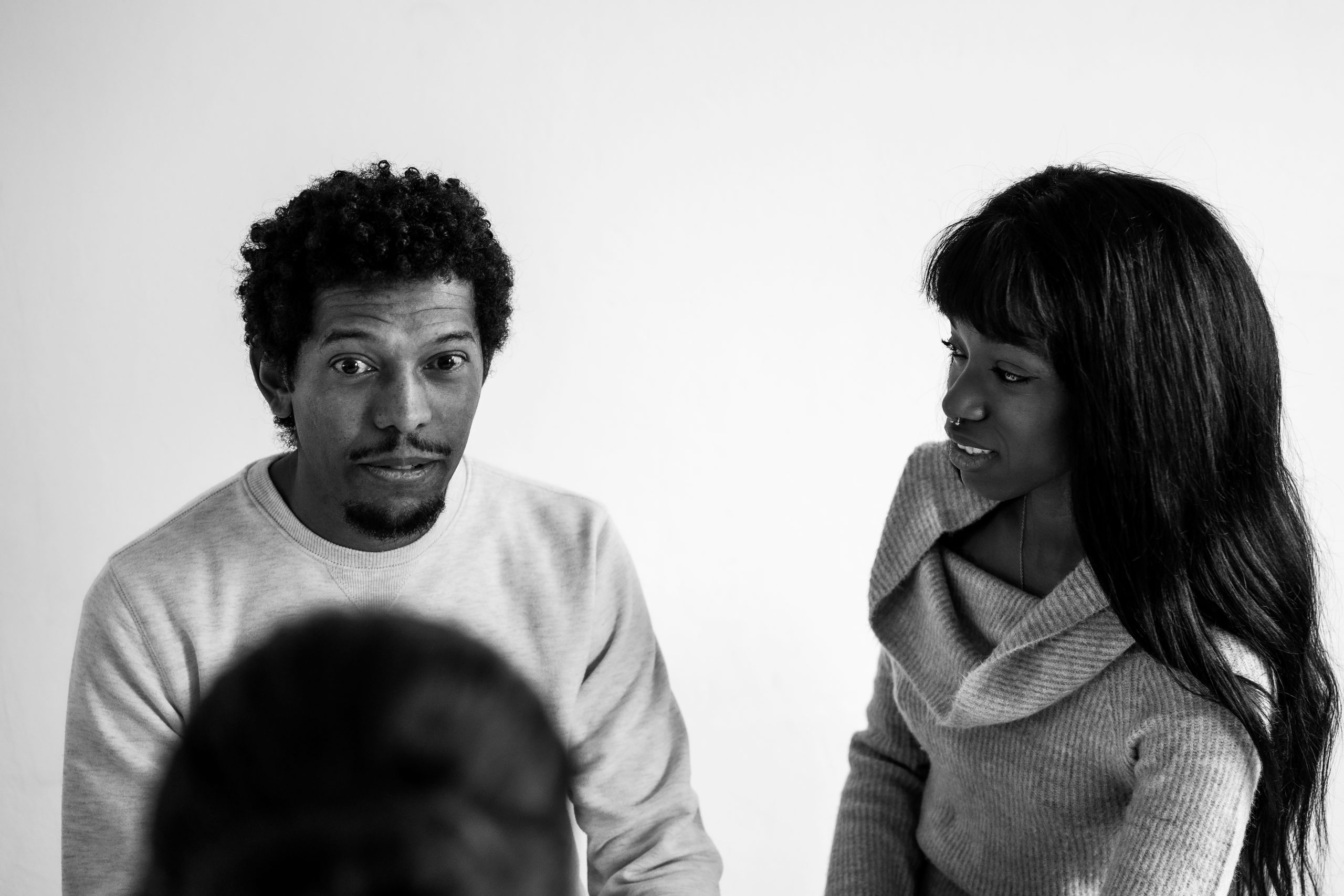Let’s get something straight:
Happy couples DO fight.
If your idea of a “healthy relationship” is one where nobody ever raises their voice, disagrees, or gets a little spicy over laundry baskets or in-laws—
You’ve been lied to.
“No conflict doesn’t mean connection. It usually means someone’s going silent.”
Real talk?
It’s not about if you fight. It’s about how.
The strongest couples know how to throw down with love—and they come out of it stronger, not scarred.
The “No-Fight” Myth Is Hurting Relationships
Some couples brag like:
🧍♂️ “We never argue.”
🧍♀️ “We agree on everything.”
And we’re like… blink twice if you’re emotionally repressed. 👀
Conflict isn’t the enemy.
Avoidance is.
Because behind every swallowed complaint, every unspoken resentment, every fake “I’m fine”—is a relationship quietly rusting from the inside.

Why Healthy Conflict = Relationship Gold
Research (shoutout to Dr. John Gottman and the love scientists) shows that the way couples handle conflict is one of the biggest predictors of long-term success.
Here’s why:
🧠 Fighting reveals truth.
You get to see what really matters to each other.
You get honest—even if it’s messy.
💪 It builds trust.
When you argue and repair, you learn:
“We can disagree and still be okay.”
💞 It deepens intimacy.
Vulnerability isn’t always candles and eye contact.
Sometimes it’s:
“I’m mad, but I still love you enough to work through it.”
So What Does Productive Fighting Look Like?
Not like a soap opera, that’s for sure.
It’s not about “winning.” It’s about understanding.
🛑 Unhealthy Conflict Looks Like:
- Blame, sarcasm, stonewalling
- Avoiding the issue until it explodes
- Keeping score like it’s the emotional Olympics
- Dragging past arguments into every new one
✅ Productive Conflict Looks Like:
- “I” statements over accusations (think: “I felt ignored” vs. “You never listen”)
- Calling out behavior, not character
- Pausing when it gets too heated
- Returning to repair after the storm
“Fighting fair isn’t about being perfect—it’s about being respectful, even in the heat of the moment.”
What Fighting Teaches You (That Peace Never Will)
🎯 How your partner processes emotion
🎯 What your triggers are (and where they come from)
🎯 How to calm down and communicate instead of explode
🎯 That disagreement doesn’t mean disconnection
Fighting isn’t fun—but it’s real.
And if you know how to navigate it, it can be the tool that keeps your relationship flexible, honest, and growing.

Tips to Fight Smarter (and Grow Closer)
💡 Use a timeout.
When things escalate, say: “Let’s take 15 and come back to this.”
Not avoiding. Just cooling.
💡 Repeat what you heard.
It sounds dorky, but saying, “So you’re upset because…” shows you’re actually listening, not just waiting to talk.
💡 Stick to one issue.
Don’t let a convo about dishes turn into The History of Everything You’ve Ever Done Wrong.
💡 End with repair.
A hug, an apology, or even a joke. Remind each other: We’re still a team.

Conflict Isn’t a Sign of Doom—It’s a Sign You Care Enough to Engage
So the next time you and your partner butt heads?
Don’t panic.
Don’t shut down.
Lean in—with love.
Because couples who never fight? They’re not always “perfect.”
Sometimes, they’re just silently drifting.
But couples who fight and heal—they’re building something real.
“Fighting means you still care. Repairing means you still choose each other.”
So fight fair. Fight deep. Fight together.
And come out stronger on the other side.











